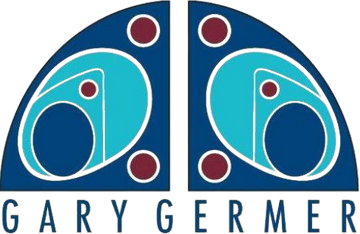Over 100 years and still going strong…
November 1901. In a dimly lit London Café half a dozen enthusiasts for the new fangled motor cycle met and decided there should be an association for their fellow enthusiasts and so the Motor Cycling Club was born. Note it was called the Motor – pause – Cycling – pause – Club as at that time there was not even a commonly accepted name for a bicycle with an engine!
It was a very different world from today into which the new club emerged. For the first time in over 60 years England had a King on the throne, troops were gaily singing “Goodbye Dolly I must leave You” as they marched off to fight a colonial war against the Boers in South Africa and urban pollution was measured by the tons of horse manure shovelled daily of the streets. Enthusiasts wanted to prove that their strangely hostile machines represented a serious means of transport and were not just noisy things to frighten the horses – and the establishment. Fortunately for the MCC its founders were all responsible London businessmen apart from Selwyn Edge the currently successful racing driver who described his occupation as “Gentleman” which immediately gave motor cycling a credibility it might otherwise have missed.
From day one the club started to prove its seriousness with social runs, race meetings, first at Crystal Palace and then Brooklands, where the MCC was one of the first race organisers, and participation in the national 1000 miles trial. Soon though it was running its own three great long distance reliability trials; the London/Edinburgh; the London/Exeter and the London/Lands End, all of which are still held today with record entries from competitors on two three and four wheels and are probably the reason the club has survived when other once great clubs have fallen by the wayside.
At first these trials needed only to be run on the main roads to provide a harsh competition but as roads and machinery improved the route took to the lanes with a number of steep, rough and loose surfaced hills… So the Classic Trial as we know it today came about.
Similarly the club’s annual race meeting which after WW2 was held at Silverstone, the MCC again being one of the pioneer organisers to use this this ex-bomber airfield rather than Brooklands which was no longer available, took on its special character by catering for members using their road going machinery rather than the specialist racer and mixing races with high speed trials which successfully introduced many drivers to circuit driving. The MCC was also one of the few organisers to promote mixed meetings where competitors on two, three and four wheels were all catered for. What a pity modern legislation made these meetings unviable and the club had to abandon speed events a few years ago.
Today, with over 100 years on the clock, the MCC maintains its original aims of producing demanding but fair sporting contests for its members whether in cars or on motorcycles and is one of the few places where competitors can pit their skills and today’s technology against the same obstacles that their fathers and grandfathers might have done.








